Bio-Based Plastics Aim to Capture Carbon. But at What Cost? – Wired Magazine
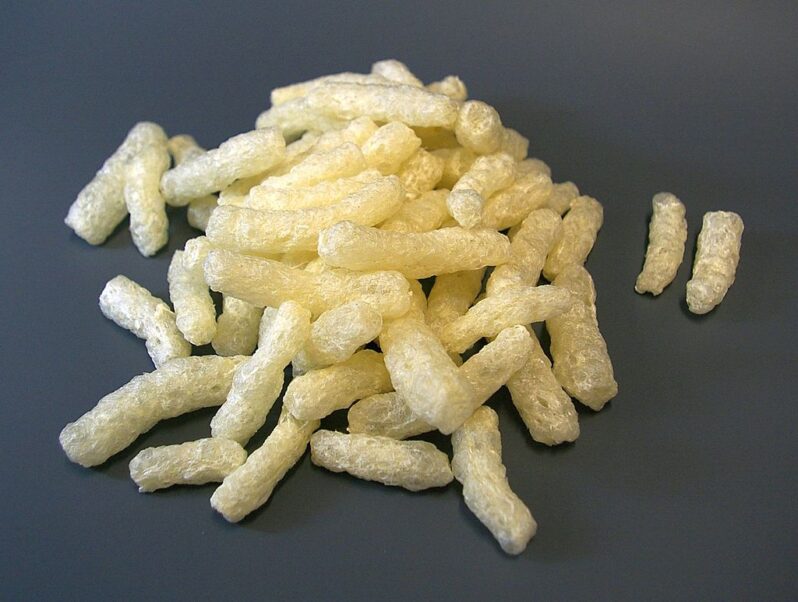
Growing crops to make plastic may theoretically reduce reliance on fossil fuels, but at an enormous environmental cost…bio-based plastics are problematic for a variety of reasons. It would take an astounding amount of land and water to grow enough plants to replace traditional plastics — plus energy is needed to produce and ship it all…But let’s say there was a large-scale shift to bioplastics — what would that mean for future emissions? That’s what a new paper in the journal Nature set out to estimate…
Are You Giving Flowers with a Side of Plastic? – Hakai Magazine Editorial

Over a century ago, flower retailer Florists’ Telegraph Delivery group—more recognized as FTD—started the campaign “Say it with flowers” for Mother’s Day. And we’ve been saying it—I love you, I miss you, … congratulations on your new baby/home/job—ever since. Flower person or not, chances are you’ve recently intersected with a bouquet or arrangement… Look closely, and you’ll see the power of flowers; their ubiquity in our day-to-day.
Stop ‘wishcycling’ and get wise: how to recycle (almost) everything – the Guardian
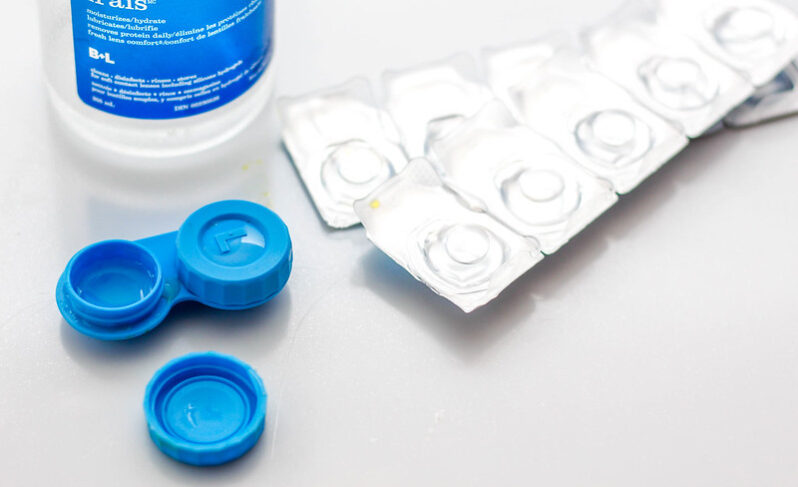
From contact lenses to blister packs and used dental floss, there are items that perplex even the most dedicated recycler…Labelling often requires a doctorate in semiotics to decode, kerbside collections are a postcode lottery and council recycling centres are often difficult to access without a car. At home, packaging piles up…All of it amounts to us collectively wondering whether recycling is ultimately pointless because it’s all going to end up in landfill in the developing world…
Don’t Overestimate Bioplastics’ Benefits – Hakai Magazine
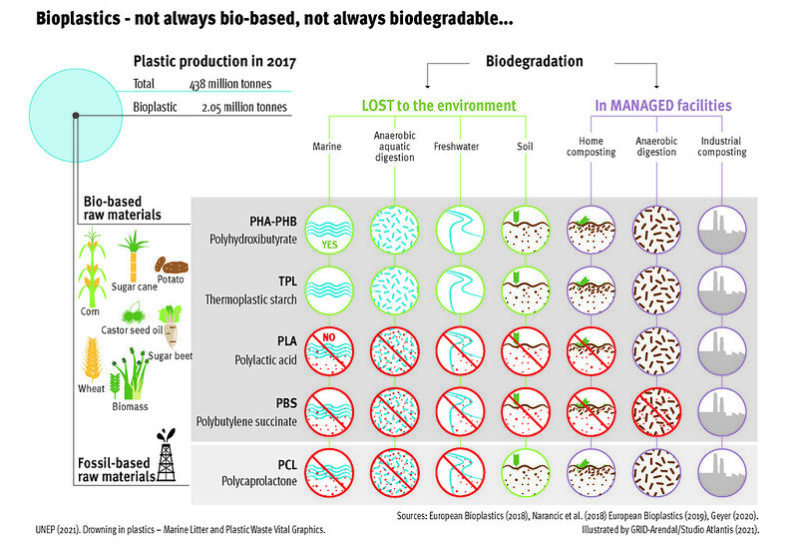
Bioplastics may avoid some of the issues associated with non-biodegradable fossil fuel–derived plastics, but they’re no panacea.
Plastics produced from plants are often considered less environmentally damaging than plastics made from petrochemicals. But scientists are warning that we should be careful making such assumptions…
Even at the Bottom of the World, the Ocean is Belching Plastic – EOS Magazine
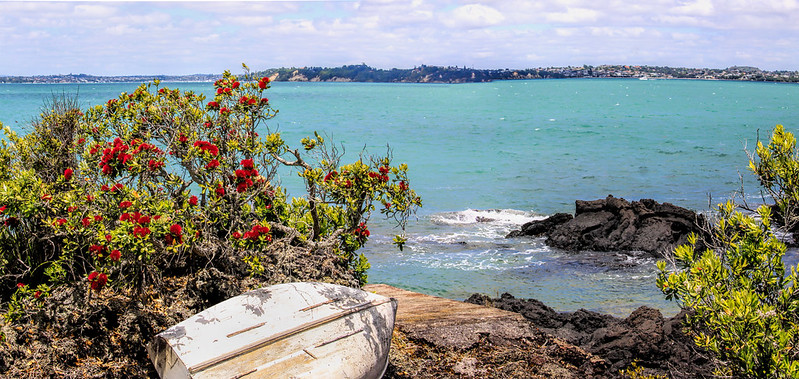
In a recent study published in Environmental Science and Technology, researchers report a mist of microplastics is constantly drifting across the country’s largest city.
“We don’t produce large amounts of plastics here in New Zealand,” said Joel Rindelaub, a research fellow at the University of Auckland in New Zealand who led the study. “But we did see large amounts of plastics falling out of the sky in Auckland…”
His family fished for generations. Now he’s hauling plastic out of the sea – the Washington Post
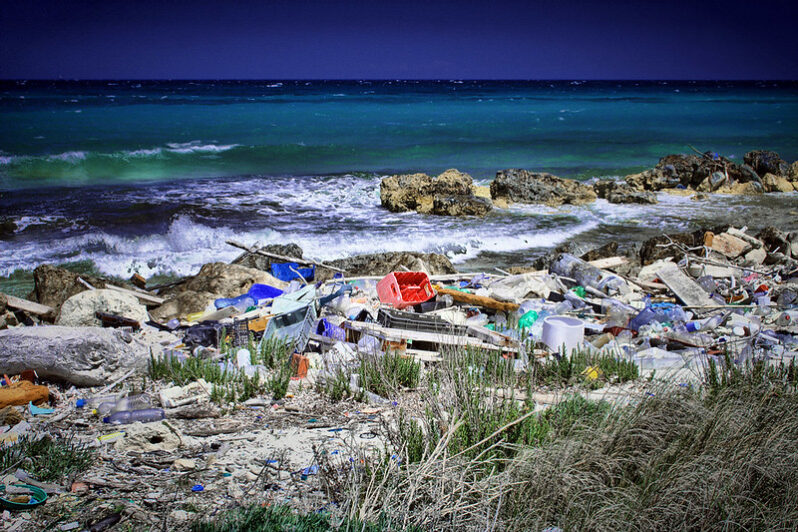
One catch at a time, Lefteris Arapakis is cleaning the Mediterranean.
It was Lefteris Arapakis’s first expedition on a fishing boat, and he didn’t expect what the nets would pull up.
There were scorpionfish, red mullet and sea bream. But there was also a bright red can of Coke…
‘Seas are becoming landfills’: the Senegalese surfer saving a beach – and a way of life – from plastic – the Guardian
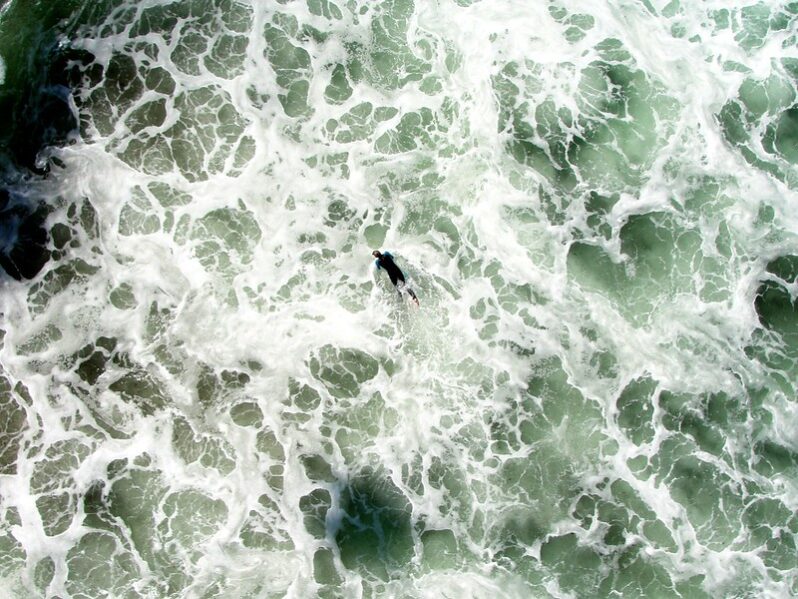
It took a wave of plastic-strewn water crashing over Babacar Thiaw as he paddled out to sea for him to decide to act.
By the time his surfboard had carried him back to Virage beach on the north shore of Senegal’s capital, Dakar, Thiaw had a plan that would make use of the surfing community he had built there…
Why Recycling Isn’t the Answer to the Plastic Pollution Problem – Scientific American
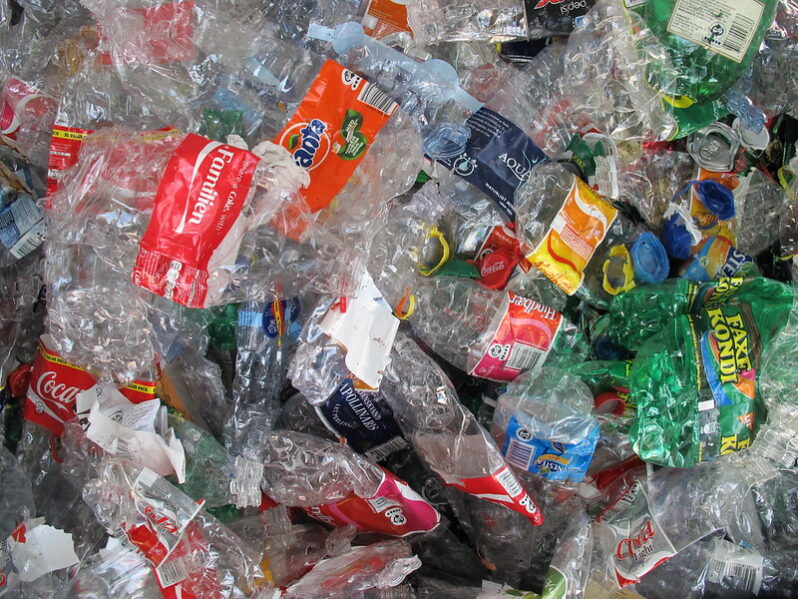
For many years, the transition to a circular plastic economy has been understood to require a combination of efforts… ‘reduce, reuse, recycle’. The principles are based on the top three levels of the waste hierarchy, whereby reducing is better than reusing, which is, in turn, more favourable than recycling. In practice, however…
Study finds widespread occurrence of microplastic in Monterey Bay – Santa Cruz Sentinel
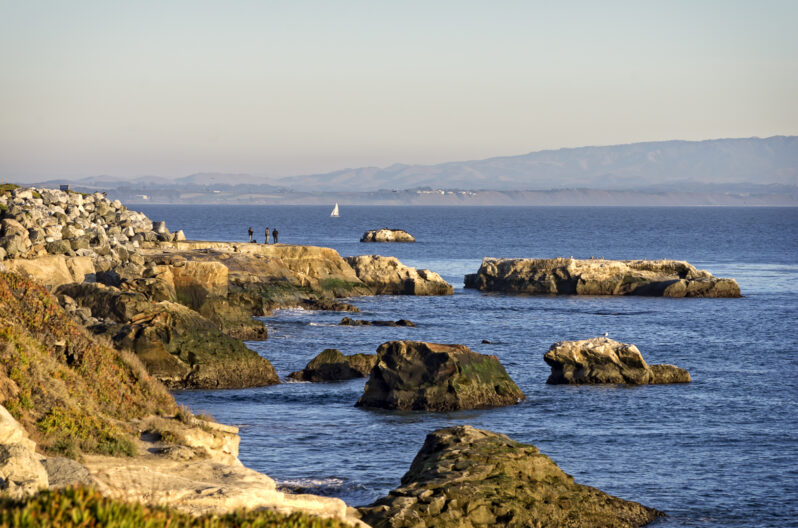
In a study published in early November, UC Santa Cruz researchers examined how much microplastic is present in the Monterey Bay and some of its inhabitants, and found that the tiny pieces of plastic pollution are not only prevalent in the water, but also in the fish and seabirds they studied…
